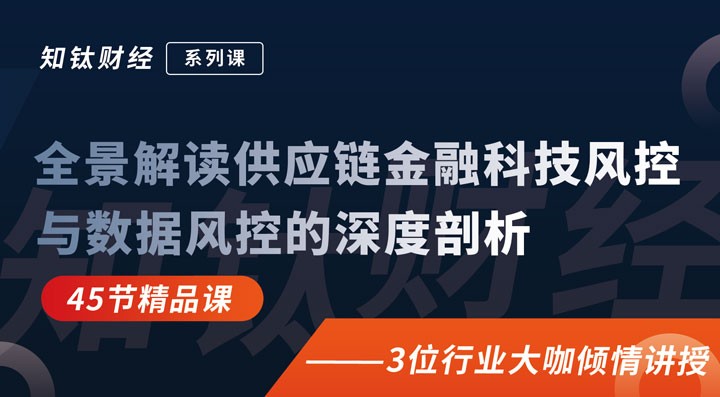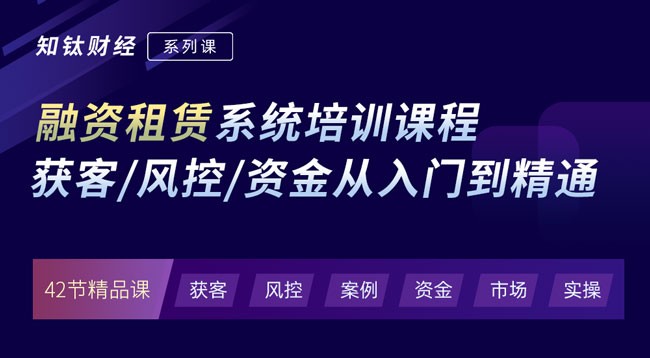尊敬的约翰·布赖森部长:
我于日前得知美国数家太阳能电池和电池板生产企业向美国商务部和国际贸易委员会提交申请,要求对中国输美太阳能电池(板)进行反补贴和反倾销的调查。
作为中国国际商会副会长和中国节能环保集团董事长,我对美国商界的此举深表遗憾和不满。去年,美国钢铁工人联合会针对中国新能源产业发动301调查,主要指向中国风能产业,此次反倾销调查则直指另一个代表新能源的太阳能产业。贸易保护主义不断干扰中美新能源合作,给中国企业造成了严重的伤害。
随着全球经济形势的再度恶化,尤其是伴随着欧洲经济的不断下滑,全球新能源产业发展都饱受重创。中美两国的太阳能产业也没能逃离这场风暴的侵袭。我完全能理解美国太阳能企业的困难,因为我管理的企业也正在面对着同样艰难的局面。但与此同时我必须指出,中国大力发展太阳能产业顺应了中美两国共同倡导的节能减排理念,是实现全球环境可持续发展的重要手段,也是符合世贸组织规则的。包括中国节能环保集团在内的中国太阳能制造企业和发电企业依靠自主创新和国际合作提升生产技术,降低了生产成本,对全球的节能减排事业做出了贡献巨大。
中国节能环保集团与美国企业保持着长期的合作。多年的交往让我深切体会到,中美两国在新能源产业的总体发展战略上是优势互补的。当前,中美新能源合作应该超越行业局部利益,着意整体布局。美国企业在新能源技术研发和高端制造方面的领先地位十分明显。近年来,中国新能源市场得到了极大拓展。中国国际商会愿意帮助美国企业将其先进技术和产品出口到中国,以便这些企业在美国国内创造更多的就业机会。同时,我们也一直鼓励中国企业在美国投资新能源行业。
当前经济形势下,美方如果采取限制措施,不仅将对中国企业造成巨大影响,也将对包括美国在内的全球太阳能产业发展带来极为不利的影响。据我了解,美国对中国太阳能电池(板)生产设备和原材料的出口金额远远超过美国自中国进口的太阳能电池(板)金额。如果中国太阳能电池(板)产品因美国采取征税措施不能继续对美出口,势必极大影响美国相关生产设备和原材料对中国的出口,结果将是两败俱伤的“双输”局面。
我认为,中美双方可以采取3项措施解决新能源领域当前和长远存在的问题:
1.双方产业应建立长期对话机制,就新能源产业的发展、产品销售及可能的摩擦定期对话磋商,谋求互利共赢。
2.中美两国政府应尽快推动双方太阳能产业商协会开展对话磋商,化解摩擦。
3.美方应放宽对中国企业的投资审查和技术出口限制。中国国际商会愿与美国联邦政府、商协会和各州政府共同协助中国企业投资美国新能源产业。
中美两国担负着引领世界经济复苏的重任,有义务维护公平合作的国际贸易秩序。为此,我谨代表中国新能源企业、代表中国国际商会全体会员企业,真诚地希望您和美国工商界能采取进一步措施,坚持公平贸易原则,避免对中国输出的太阳能电池板额外征税。希望通过我们的共同努力,能够为中美两国的企业带来更多的双赢利益。
王小康(签名)
中国国际商会副会长
中国节能环保集团董事长
二〇一一年十月二十二日
抄送:美国贸易代表办公室罗恩·柯克大使
美国能源部朱棣文部长
美国商会托马斯·多诺霍主席
美中贸易全国委员会穆泰康主席
To: Mr. John Bryson,
Secretary
Department of Commerce
United States of America
Subject: Investigation against Chinese Solar Energy Companies
Dear Mr. Secretary,
Yesterday I learned that several U.S. solar cell manufacturers had filed a petition to the U.S. Department of Commerce and International Trade Commission in order to launch an anti-dumping and anti-allowance investigation on Chinese-made solar cells (panels).
As the Vice Chairman of China Chamber of International Commerce(CCOIC) and the Chairman of China Energy Conservation and Environmental Protection Group, I deeply regret this action of the U.S. business circle. Last year, the United Steelworkers union (USW) filed a petition to conduct investigation against Chinese wind energy industry under Section 301, and this time the investigation is against solar energy industry, another type of China’s new energy industry. As a result of trade protectionism, the cooperation between U.S. and Chinese companies within new energy industry has been damaged.
As the global economy, especially the European economy, deteriorates, the global new energy industry has seen great damage, with no exception from the U.S. and China. I am fully aware of the difficulties facing the U.S. solar cell companies, as my company is facing the same situation; nevertheless, it is my duty to point out that the business activities between the U.S. and China is under the law of the market, not to say that in China most of the companies in solar energy industry are public companies and private companies.
To vigorously promote solar industry in China confirms to the concept of energy conservation and emission reduction, and it serves as an important solution to realize the sustainable development of global environment and complies with WTO principles. Chinese solar cell manufacturers including my company serve as a main contributing factor of global energy conserving and emission cutting business by cost reducing and technology upgrading based on innovation and international cooperation.
China Energy Conservation and Environmental Protection Group has maintained long-term cooperation with the U.S. enterprises. I feel that in an overall perspective, the U.S. and Chinese companies have complementary advantages. We should consider any actions based on overall benefits for global energy saving activities. The U.S. has advantages in new energy R&D and high-end manufacturing technologies, while in China, the new energy market has been greatly expanded. CCOIC is more than happy to introduce American advanced technologies and products into Chinese market so as to benefit U.S. to create more job opportunities; at the same time we are also encouraging Chinese companies to invest in the U.S. new energy industry.
Under the current situation, if the U.S. Department of Commerce and International Trade Commission are to take action to limit Chinese new energy products, it will negatively affect both Chinese and U.S. solar industry, even the global solar industry. As far as my understanding goes, the export volume of the U.S. solar manufacturing raw material and devices accounts for much more than its import of Chinese solar cells, which means if Chinese solar cells fail to enter U.S. market due to taxation measures, the U.S. export to China will also be affected, the consequence of which will be a double-loss.
I hold that both the U.S and China can take three measures to solve the difficulties at present and in the future, which are as follows.
1. To establish a long term communication mechanism and conduct consultations regularly on possible frictions with respect to new energy industry development and product sales so as to achieve a win-win situation.
2. The U.S. and Chinese government should promote dialogues and consultations between solar business associations in both counties.
3. The U.S. should ease export restrictions and investment investigations against Chinese companies. CCOIC is willing to work with the U.S. Federal Government, business associations and state governments to help Chinese companies investing in the U.S. new energy industry.
Both the U.S and China are shouldering great responsibilities to lead global economy recovery and have the obligation to maintain international trade order and fair cooperation. On behalf of Chinese new energy enterprises and member companies of CCOIC, I sincerely hope that you and the U.S. business circle can take further measures to maintain fair trade and avoid extra tax on Chinese solar cells. It is my sincere wish that our effort can bring benefits to both our companies.
Best regards,
Wang Xiaokang
Vice Chairman of CCOIC
Chairman of China Energy Conservation and
Environmental Protection Group
Cc.: Mr. Ron Kirk, the U.S. Trade Representative
Mr. Steven Chu, the United States Secretary of Energy
Mr. Thomas Donohue, President and CEO of the U.S. Chamber of Commerce
Mr. Muhtar Kent, Chairman of United States-China Business Council
 表情
表情

